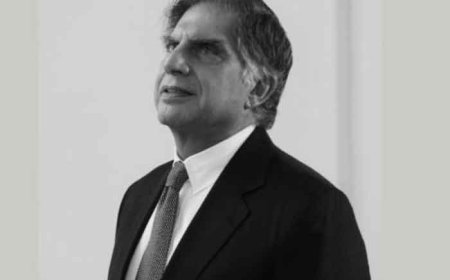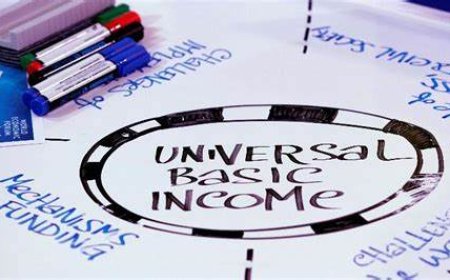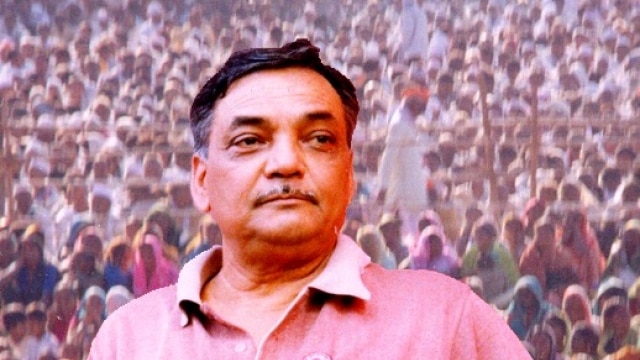India’s Worst Kept Secret: Why Cash is King and Digital Payments Are a Scam
Spicy twist: Think digital payments are the future? Think again. We’ll reveal why cash still rules the roost and why going digital could be a trap in disguise.
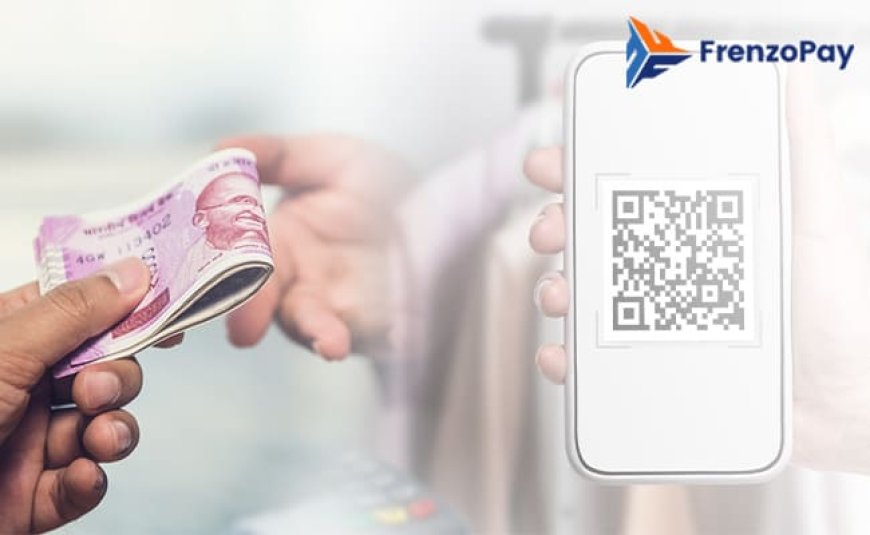
India’s payment ecosystem has undergone a massive transformation. From the infamous demonetization days to the rapid rise of UPI, the shift towards a digital-first economy has been swift and relentless. We’ve been told time and again that cashless is the future—and for a lot of people, that means everything from paying for your chai to ordering a ride can now be done with a tap or a scan. But hold on, let’s pump the brakes for a second. While digital payments are indeed on the rise, cash isn’t going anywhere anytime soon. And that’s not just an anecdote—it’s a libertarian concern.
The push for a cashless society is not just about convenience or efficiency—it’s about freedom, autonomy, and whether we’re truly ready to give up the one form of payment that guarantees anonymity. Here’s a deep dive into why the future of payments in India is not so straightforward, and how libertarian principles come into play.
The Rise of UPI: The Bright Future of Payments
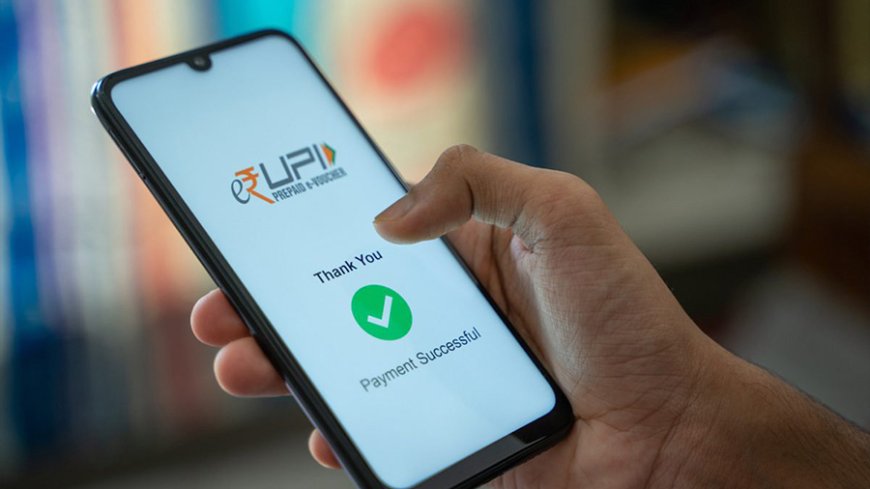
Let’s start with the shiny new star of India’s digital payment revolution: UPI. In 2024, UPI has smashed all records, clocking over 78.97 billion transactions, a mind-blowing 52% growth from the previous year. That’s more than just a technological leap—it’s a cultural shift. UPI has truly taken over the way Indians transact—from your local kirana shop to your favorite restaurant, everything is just a scan away. Source
That’s not all. Credit and debit cards also saw a huge jump, with transactions reaching ₹13.49 trillion, a 21% increase from 2023. Digital wallets like Google Pay, PhonePe, and Paytm are everywhere, allowing millions of Indians to leave their physical wallets behind in favor of sleek, digital transactions.
On the surface, this seems like a dream come true. We’re moving toward a future of convenience, instant payments, and a cashless world that is more efficient, faster, and just cooler (who wants to fumble through a pile of change, right?). But does it all come at a price?
The Libertarian Angle: Cash is Freedom

Here’s the libertarian catch. Libertarians—those who champion personal freedom—believe that the government, big corporations, and other authorities should have as little control over individuals as possible. When it comes to digital payments, the reliance on centralized payment systems opens up a Pandora’s box of concerns.
-
Loss of Anonymity: Every time you make a transaction using UPI, your payment data is recorded, stored, and analyzed. It’s not just a payment—it’s a transaction linked to your identity, your phone number, and potentially your entire digital life. For a libertarian, this is a major concern. Cash, on the other hand, is completely anonymous. No one knows how much you spent on that vada pav or whether you tipped your cab driver. With cash, your financial choices remain private and outside the reach of digital surveillance.
-
Government Control: Let’s talk about data tracking. Every time you pay with UPI or a debit card, the transaction leaves a trail. For governments or corporations trying to gather as much information about consumer behavior as possible, this is a dream come true. In a digital world, everything you buy can be monitored, analyzed, and used to manipulate your buying habits. For a libertarian, the idea of a "big brother" controlling or tracking all purchases feels like a violation of personal freedom. This is a slippery slope to total financial surveillance, which undermines autonomy.
-
Loss of Financial Independence: Think about this: in a world where digital payments reign supreme, you’re essentially dependent on banks, telecom companies, and internet service providers to facilitate your daily transactions. What happens when there’s an outage, a system failure, or worse, internet censorship? When cash is involved, it’s as independent as it gets. It doesn’t require an internet connection, a server, or a third party to make a simple exchange. It’s your money, your choice.
Why Cash Still Rules (And Will Continue to Do So)
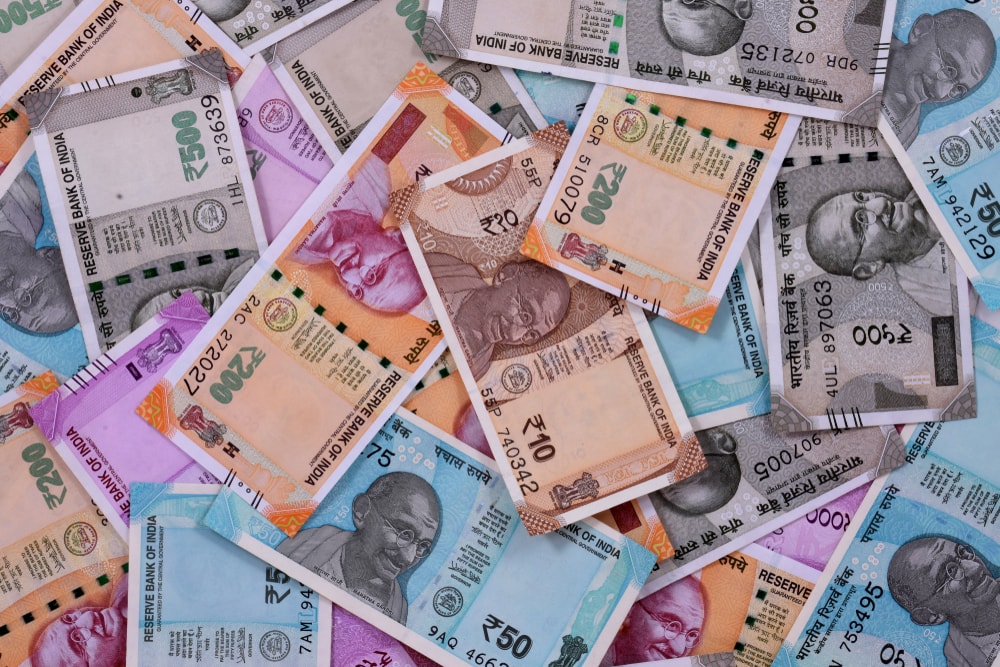
Despite all the hype around UPI, cash is far from dead. In fact, 60% of consumer spending in India still involves cash, and the volume of currency in circulation has more than doubled from ₹13.35 lakh crore in 2017 to a staggering ₹35.15 lakh crore in 2024. Source
This cash dependence is not just an economic fact—it’s also about trust. For a large portion of the population, digital payments still seem alien, even dangerous. Skepticism about the security of online payments, fears about fraud, and a general mistrust of government-led digital initiatives are very real. This isn’t just about old habits—it’s about confidence in the system, and until the digital infrastructure is more robust, cash will continue to dominate.
The Problem with a Cashless Society: Are We Losing Our Freedom?
Here’s where it gets really tricky. The concept of a cashless society might sound nice in theory. In practice, though, it could mean an increasing lack of control over personal finances. Here’s why:
-
Data Privacy: The shift to a fully digital economy puts your spending patterns in the hands of private companies and government agencies. This could lead to financial profiling, where every transaction you make is analyzed, categorized, and maybe even used to limit your freedom. What happens when the government decides to clamp down on specific types of spending? Or when a tech company decides your spending habits make you “high risk”? A cashless society could mean you’re no longer in control of your own money.
-
Financial Exclusion: Imagine a world where only digital payments are accepted—those without access to smartphones or bank accounts are left out. It’s a reality for millions of people in India, especially in rural areas. Digital payments, as convenient as they are, can exclude large sections of the population who are unable to access the technology. For libertarians, this goes against the principle of equality and fairness in financial transactions.
-
Centralization of Power: The ultimate libertarian concern: the centralization of power in the hands of a few. When digital payments are controlled by a handful of companies and financial institutions, they have the ability to monitor, control, and dictate how you spend your money. This isn’t just about convenience—it’s about control. Cash offers autonomy, something digital payments often fail to provide.
What’s the Way Forward? A Libertarian-Friendly Future of Digital Payments?
It’s not all doom and gloom, though. Digital payments can align with libertarian values if done the right way. Here are some possible ways forward:
-
Decentralized Payment Systems: Imagine a world where we could use digital currencies (like Bitcoin) or decentralized platforms that don’t track every transaction. This would offer the benefits of digital payments—speed, convenience, and low cost—while maintaining privacy and autonomy.
-
Privacy-Focused Payment Solutions: Payment platforms could be built with privacy as a priority. Blockchain technology and zero-knowledge proofs offer solutions that allow for secure transactions without revealing private details. If India moves in this direction, digital payments could become a true embodiment of freedom.
-
Freedom of Choice: India’s payment future should be about choice. Cash should not be eradicated just because digital payments are gaining popularity. There should always be options available for people to choose what works best for them—whether it’s UPI, cards, or good ol' cash.
Conclusion: The Libertarian’s Dilemma in the Cashless Future
Digital payments are certainly transforming India’s economy, but they aren’t without their flaws—especially from a libertarian perspective. While UPI, cards, and wallets may be incredibly convenient, they come with serious concerns around privacy, control, and financial freedom. For now, cash remains the most private, decentralized, and freedom-friendly way to transact. The key to the future of payments in India isn’t to kill cash—but to create a balanced system that offers everyone the freedom to choose how they pay.
As we move forward, let’s not forget that true financial freedom is about having options—and cash, for now, is still one of the best options.
What's Your Reaction?














































